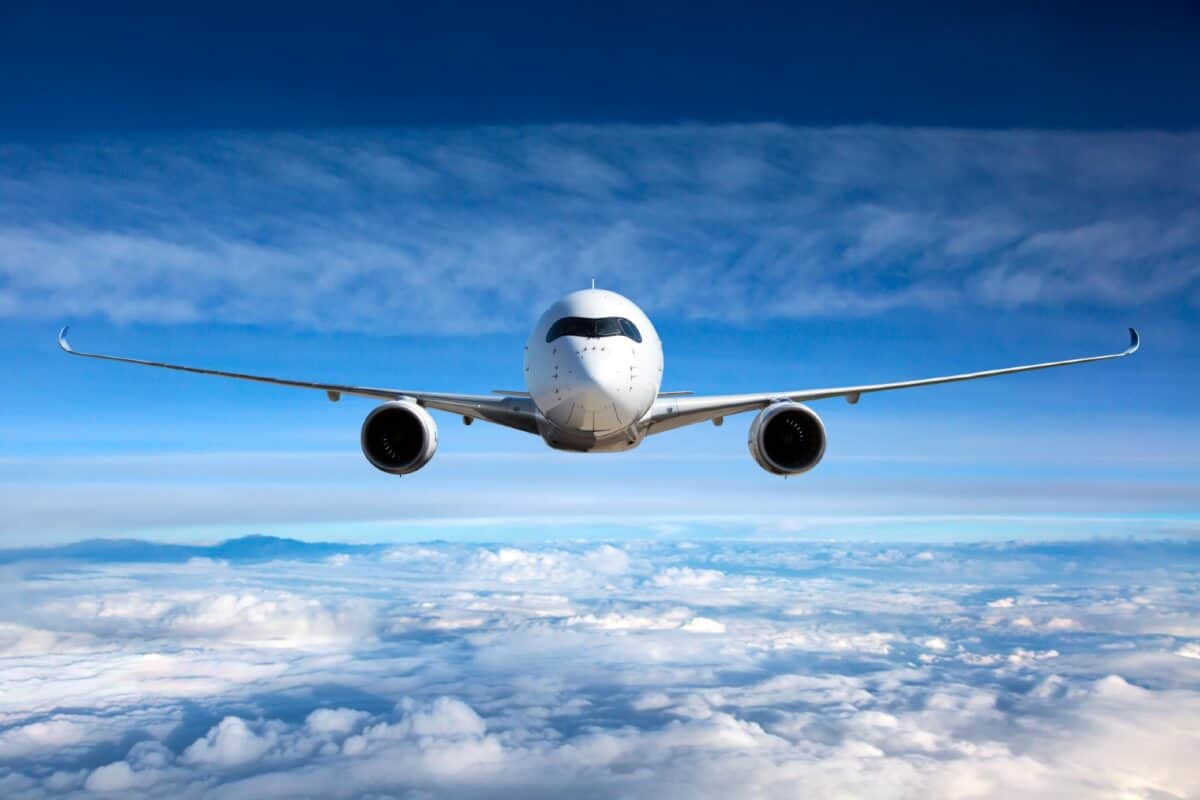International Consolidated Airlines Group (LSE: IAG), the parent company of British Airways, Iberia, and other airlines, has endured a turbulent ride. Once a darling of the aviation industry, the shares have plummeted a staggering 47% over the past five years. With many companies in the travel sector seeing incredible recoveries since the pandemic, is a rally in the IAG share price long overdue?
What happened?
The decline can be largely attributed to the devastating impact of the Covid-19 pandemic on the global aviation industry. As travel restrictions were imposed and consumer demand plummeted, airlines found themselves in a precarious position, haemorrhaging cash and grappling with unprecedented operational challenges.
The pandemic was clearly the catalyst. However, the company’s struggles were compounded by broader industry headwinds, including soaring fuel costs, labour disputes, and intensifying competition from budget carriers.
The fundamentals
Valuation metrics suggest that the company’s shares may be undervalued. A discounted cash flow calculation (DCF) suggests that shares are trading at about 13% below estimated fair value. Perhaps not as exciting as some other opportunities, but there may be upside for investors expecting a long overdue recovery.
The firm’s price-to-earnings (P/E) ratio of 3.6 times is relatively low. This indicates that investors are paying a decent price for each pound of earnings. For many, this valuation could be perceived as compelling, especially for a major player in the European aviation market.
What’s next?
From the looks of it, the financial performance over the past year has provided some glimmers of hope. The company’s earnings grew by an impressive 142.1% year on year. This reflects the gradual revival of travel demand and efforts to streamline operations and cut costs.
However, analysts aren’t convinced. Earnings are projected to decline by an average of 1% per year for the next three years. This tepid growth forecast could reflect concerns about the company’s ability to maintain its profitability.
Nonetheless, IAG’s revenue is expected to grow by a respectable 4% per year. This suggests that the top line remains resilient and poised for expansion as the global travel industry continues its recovery.
Risks
For me, a key area of concern here is the high level of debt. With a debt-to-equity ratio of 491%, the company carries a significant debt burden. This could seriously hamper its ability to invest in growth initiatives and weather economic turbulence.
It’s important to note that debt is not uncommon in the airline industry, where substantial investments are necessary. However, with the share price still beaten down from the pandemic, investors are clearly concerned.
While pent-up travel demand has fuelled a strong recovery in recent months, lingering concerns about economic headwinds, competition, geopolitical tensions, and sustainability challenges could pose risks to the industry.
Overall
While IAG’s share price decline over the past five years has been significant, the current valuation and financial performance suggest that a rebound could still be possible. With shares trading at a discount to their estimated fair value and earnings growth showing signs of recovery, patient investors may be rewarded. However, modest forecasts and the broader uncertainties facing the aviation sector mean that I’ll be staying clear for now.







